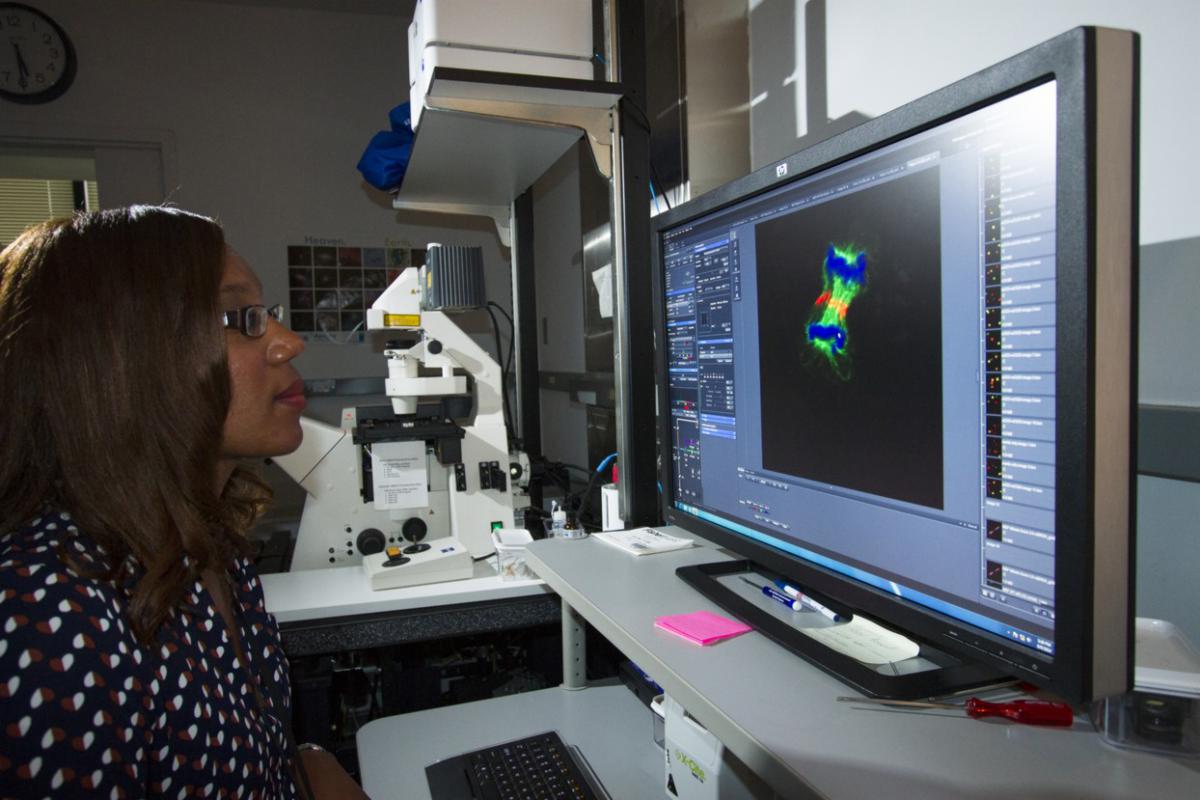
The mission of the National Institute on Minority Health Disparities (NIMHD) is to lead scientific research to improve minority health and eliminate health disparities. To accomplish this, NIMHD:
- Plans, coordinates, reviews and evaluates minority health and health disparities research and activities of the National Institutes of Health
- Conducts and supports research in minority health and health disparities
- Promotes and supports the training of a diverse research workforce
- Translates and disseminates research information
- Fosters innovative collaborations and partnerships
 Minorities and other underserved populations are severely underrepresented in the scientific workforce. NIMHD invests efforts to develop, train, and retain individuals from underrepresented populations in order to increase the pool of scientists that are prepared to address contemporary needs in science and technology. NIMHD is committed to understanding the impact of discrimination and hidden biases and how they may impact scientific workforce participation and composition. We are also interested in how these factors may contribute to health disparities, and individuals who are served in health care settings. This dedication is necessary to impact health disparities and the public health burden associated with diverse population groups.
Minorities and other underserved populations are severely underrepresented in the scientific workforce. NIMHD invests efforts to develop, train, and retain individuals from underrepresented populations in order to increase the pool of scientists that are prepared to address contemporary needs in science and technology. NIMHD is committed to understanding the impact of discrimination and hidden biases and how they may impact scientific workforce participation and composition. We are also interested in how these factors may contribute to health disparities, and individuals who are served in health care settings. This dedication is necessary to impact health disparities and the public health burden associated with diverse population groups.






